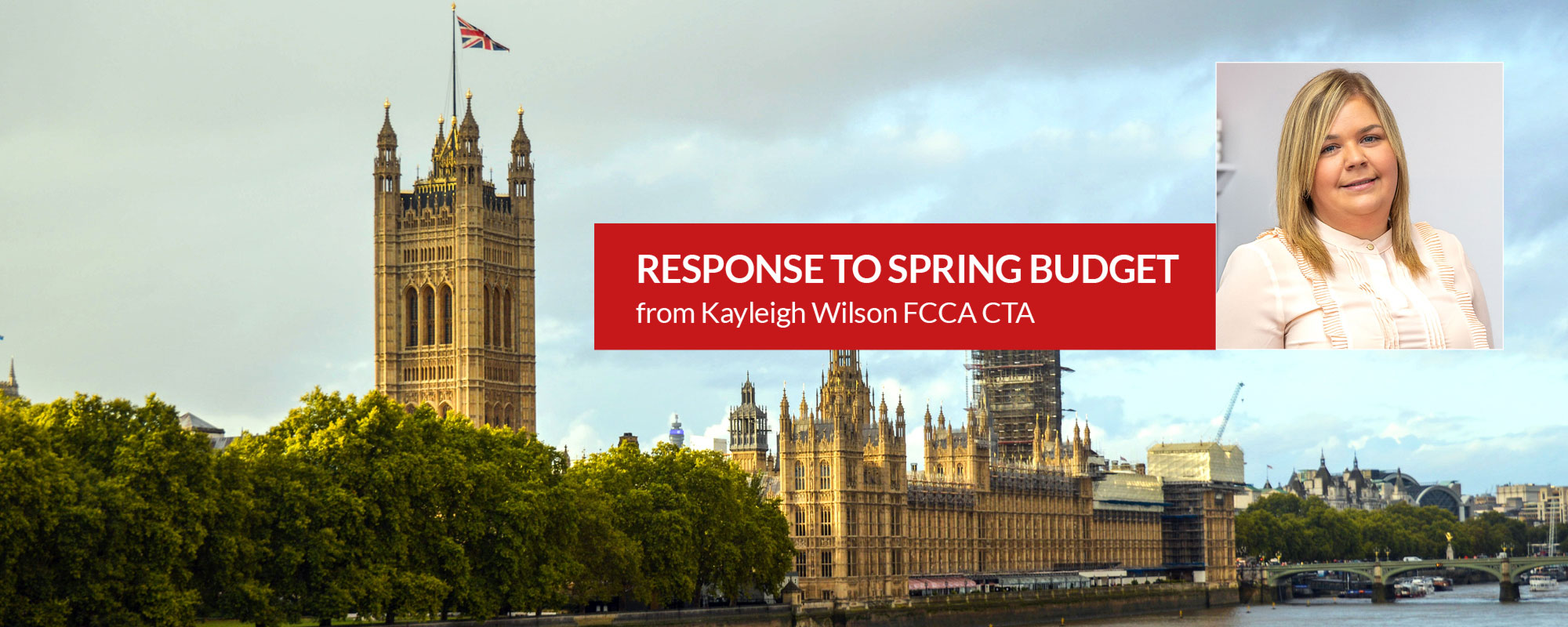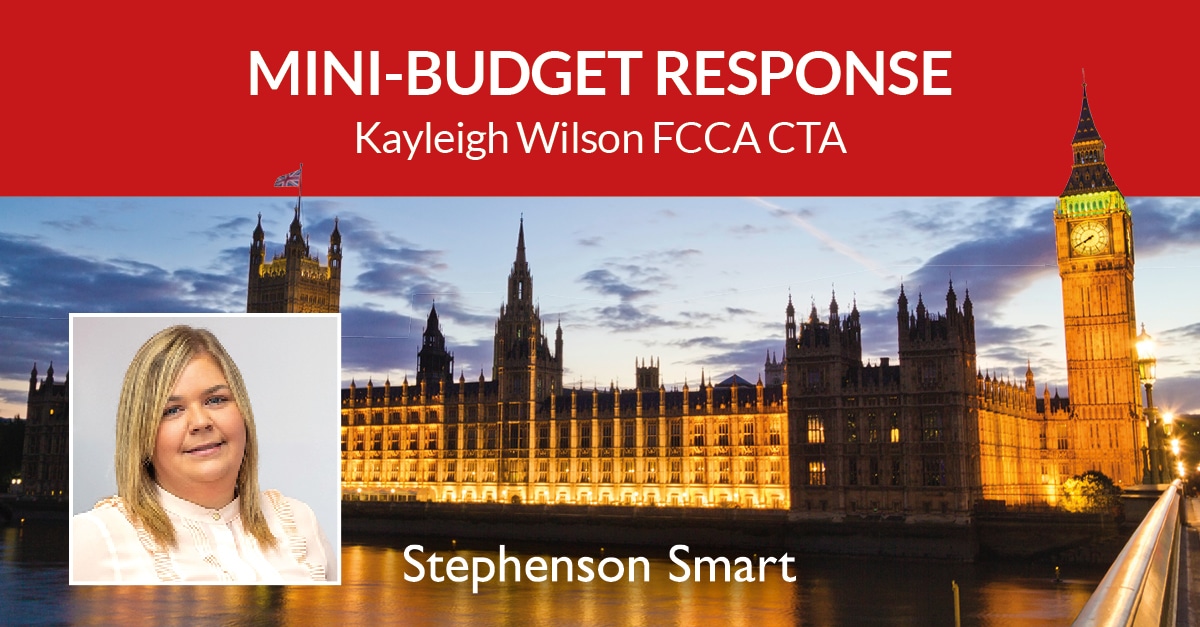What is Legislation Day?
Dubbed as ‘Legislation Day’ the announcements made by HM Treasury on 20 July included draft legislation, consultation updates and promises of future tax measures as a build-up to Finance Bill 2022.
Nothing announced will have immediate effect, but the various documents do give a good sense of the direction of travel for future changes to the tax system. The key announcements include proposals to reform income tax basis periods, clamp down on promoters of tax avoidance schemes and introduce a requirement for larger businesses to notify HMRC about uncertain tax treatments.
The full list of tax measures can be found on the Finance Bill 2021/22 page.
Below is a summary of the key areas that I feel may have the potential to bring about the biggest change.
Legislation Day: Sole traders and partnerships
One of the proposals was that sole traders and partnerships will be taxed by reference to profits earned in a tax year, rather than taxed by reference to the profits of an accounting period where that period does not coincide with the tax year ended 5 April, from 2023.
For example, if a business draws up accounts to 30 June every year, currently the income tax for 2023/24 would be based on the profits in the business’s accounts for the year ended 30 June 2023, subject to basis period rules. The proposed reform would mean income tax for 2023/24 would be based on: 3/12 of year end 30 June 2023, plus 9/12 of year end June 2024. So, there is an acceleration in profits being assessed and taxed.
It is felt that setting tax year 2023/24 as the year of change (with year 2022/23 as a transitional year) is very ambitious and it may be that the speed of change is linked to Making Tax Digital for Income Tax Self-Assessment, as this is scheduled to be mandatory from April 2023. Another move towards real-time tax reporting and payment for the self-employed.
We have been anticipating this change to how business profits are quantified and encouraging clients to consider their year ends and utilising overlap profits.
Legislation Day: Pensions
There was draft legislation released relating to pensions.
Of interest is a proposed increase in the normal minimum pension age from 55 to 57 in April 2028.
Where a pension scheme annual allowance charge of at least £2,000 arises, the scheme member can request that the liability is met from their pension fund under the “scheme pays” rule. The deadline for doing this is currently 31 July in the year following the end of the tax year. However, where an annual allowance charge is triggered retrospectively, because of retrospective amendment to their pension input amount (as could be the case with the government’s planned remedy for addressing the age discrimination found in the 2015 public service pension reforms), the taxpayer may be out of time to request that the scheme meets their liability.
To address circumstances where a scheme member is informed of a retrospective change to their pension inputs by the scheme administrator, draft legislation extends the deadline to the earlier of three months following the date that the scheme administrator provides that information and six years following the end of the tax year in question.
Legislation Day: Tax avoidance
HMRC published a summary of responses to its proposals made earlier this year for measures to clamp down on promoters of tax avoidance. Four new measures are being introduced:
- A new power for HMRC to seek freezing orders that would prevent promoters from dissipating or hiding their assets before paying the penalties that are charged as a result of breaching anti-avoidance obligations.
- New rules that would enable HMRC to make a UK entity that facilitates the promotion of tax avoidance by offshore promoters subject to a significant additional penalty.
- A new power to enable HMRC to present winding-up petitions to the courts for companies operating against the public interest.
- New legislation that would enable HMRC to name promoters, details of the way they promote tax avoidance and the schemes they promote, at the earliest possible stage, to warn taxpayers of the risks and help those already involved to get out of avoidance arrangements.
Other areas of note published on legislation day:
Capital allowances
An amendment to allowance statement for structures and buildings allowance.
Insurance premium tax
Draft legislation has been published to move the criteria for determining the location of a risk for insurance premium tax into primary legislation.
As announced on 23 March, the government will not be taking forward any changes to VAT grouping but has now published a summary of the responses to the call for evidence on VAT grouping establishment, eligibility and registration.
Legislation Day: Next steps
Once all the consultations have ended in September, there will be a Finance Bill in the Autumn, possibly to accompany an Autumn Budget and a Spending Review.
However, it has been reported in the media that the Budget may be deferred until Spring 2022 to reflect more on the economic impact of the pandemic.
If you would like to discuss how any of the proposed changes may affect you or your business, please get in touch.
Profile: Henry Pettitt ACA CTA
Related Articles: Tax Day: Response by Kayleigh Wilson

Did you find this insight useful?
Why not share online
More Insights from Stephenson Smart
6th January 2022
Why employers should consider an apprenticeship scheme
If your business is struggling to recruit, offering an apprenticeship or traineeship scheme might be the answer and could make someone’s New Year! Part of the government’s Plan for Jobs to help the UK economy recover from the covid pandemic ...
16th March 2023
Spring Budget 2023
Kayleigh Wilson FCCA CTA, Tax Manager at Stephenson Smart, responds to the Spring Statement 2023, and what it means for you. There was a lot to digest during Jeremy Hunt’s Spring Statement, with major priorities given to reduce debt, grow ...
11th May 2022
Furnished Holiday Lettings
In this article, Kayleigh Wilson FCCA CTA, tax specialist at Stephenson Smart accountants, explains how to make sure your property qualifies as Furnished Holiday Lettings. The uncertainty of the last two years has impacted hugely on the holiday market. It ...
30th April 2020
Howards Butchers adapts business to support loyal regulars during coronavirus disruption
Stephenson Smart client, Howards Butchers and Abattoir, has bustling stores in Gayton, near King’s Lynn and West Newton, near Sandringham. With lockdown in place, owners Julian and Clare Howard decided to implement an outdoor collection and free home delivery service ...
24th September 2022
Mini Budget September 2022 – ‘A Plan for Growth’
Considering the new Chancellor’s statement on ‘The Growth Plan’ was being dubbed by the media as a mini Budget, he managed to pack it with a stream of policy announcements. Kayleigh Wilson, Tax Manager at Stephenson Smart Accountants and Business ...










